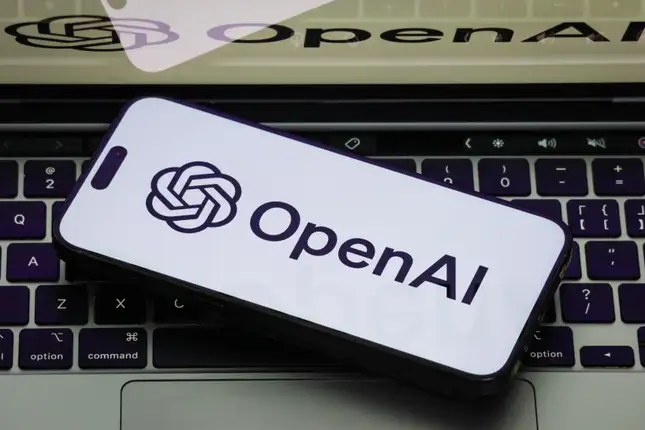OpenAI has revealed a significant update to ChatGPT’s search features, with the goal of giving consumers a more seamless and customised online shopping experience.
The new feature, which was announced on Monday, is now available in ChatGPT’s default AI model, GPT-4o.
It will be available around the world to all users, including those who are not logged in and those who are using the Free, Plus, and Pro tiers.
Shopping products on ChatGPT
Users will now receive personalised product recommendations with images, user reviews, and direct links to purchase pages when they search for products within ChatGPT.
The first categories to be supported include electronics, home goods, fashion, and cosmetics. Users can ask very specific questions in natural language and get personalised answers, according to OpenAI.
Crucially, there will be no ads in the shopping results, which are decided independently using structured metadata from outside sources, such as product descriptions, prices, and reviews.
OpenAI further reaffirmed its dedication to an ad-free shopping experience by confirming that it does not receive commissions or affiliate fees from purchases made through the platform.
ChatGPT’s comparison with Google
The launch coincides with escalating competition from Google, whose search results have come under fire for being overflowing with sponsored advertisements. ChatGPT is being marketed by OpenAI as a more hygienic and user-friendly substitute.
One of Google’s largest sources of income is online shopping, but extensive ad placement has been accused of degrading the quality of its output. How consumers find products online may change as a result of OpenAI’s methodology.
ChatGPT users conducted over one billion web searches
According to OpenAI, users conducted over a billion web searches using ChatGPT in the last week, demonstrating the dramatic increase in popularity of the search engine.
OpenAI also announced in February that it had surpassed 400 million weekly active users, indicating its rapidly growing impact in the online ecosystem.
In the future, OpenAI intends to incorporate its memory feature, which retains a history of user conversations, to further customise the shopping experience for Pro and Plus users.
This will enable ChatGPT to customise product recommendations according to a user’s preferences and previous enquiries.
However, because of regulatory concerns, memory-related personalisation features will not be initially implemented in the EU, U.K., Switzerland, Norway, Iceland, and Liechtenstein.
ChatGPT search feature added to WhatsApp
Similar to Google’s autocomplete recommendations, ChatGPT search is also introducing trending searches, which assist users in finding popular subjects while they type.
The business has also added ChatGPT search functionality to WhatsApp, providing users with real-time responses and messaging support for shopping.
OpenAI had previously experimented with product discovery through its AI agent platform “Operator”, but the new ChatGPT search feature offers a quicker and more engaging shopping experience right within conversations.
Although OpenAI CEO Sam Altman has long opposed adding advertising to ChatGPT, he recently expressed interest in “tasteful” affiliate models that put the user experience first without sacrificing search engine optimisation.
However, ChatGPT’s shopping updates are currently ad-free, which is a significant distinction in the highly commercialised search environment of today.











